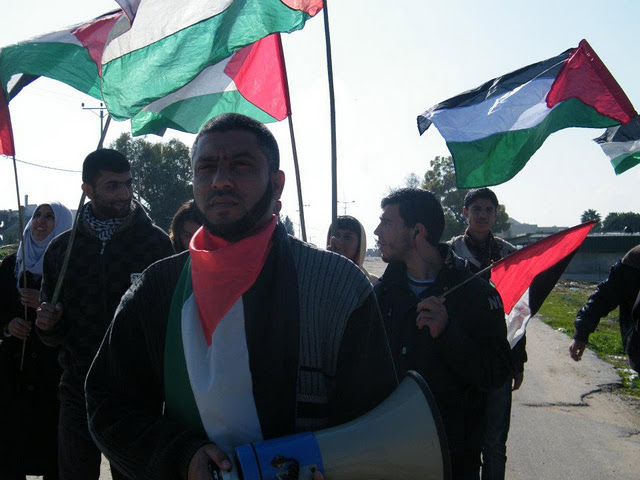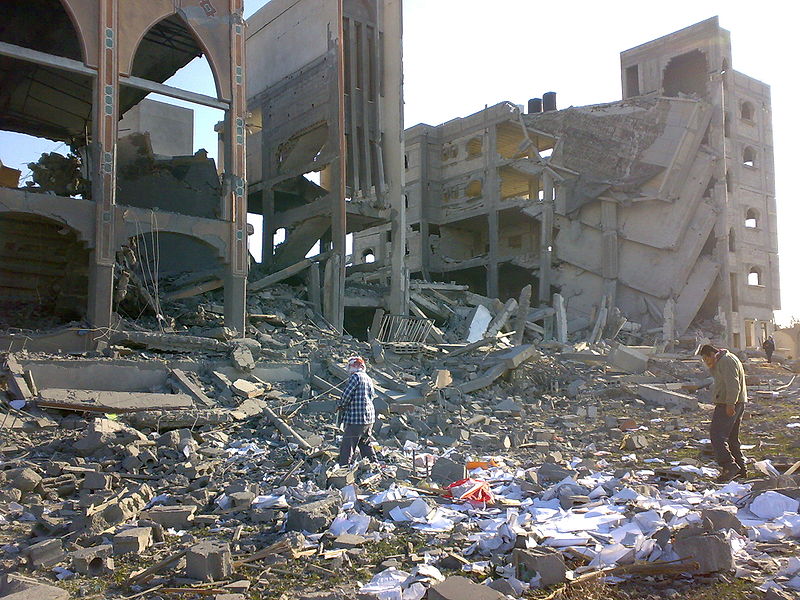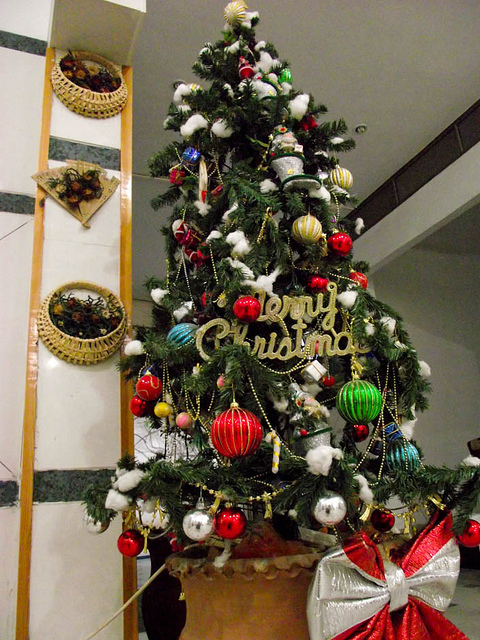Category: Journals
-
Beit Hanoun commemorates 3 years since operation ‘Cast Lead’
by Rosa Schiano 7 January 2012 | il blog di Oliva On Tuesday there was another demonstration in Beit Hanoun against the “buffer zone” imposed by the Israeli army in the Gaza Strip. The demonstrators also commemorated the over 1400 Palestinians killed during operation “Cast Lead”. The demonstration started at about 11.00 am. A drone…
-
Raw memories of war
by Yousef M. Aljamal 27 December 2011 | Center for Political and Development Studies Simply put, I hate war. I love peace, for I don’t live peacefully just like others. My youngest sister hates war too. She could never forget the sounds of American-made F16s raiding Gaza’s only Power Plant, burning it to ashes, which…
-
Merry Christmas from Gaza
by Shahd Abusalama 25 December 2011 | Palestine from My Eyes When I was a very young girl, I used to climb the window and stretch my arm out, trying to collect some rain in my small hand, then sip it, believing that it was the purest ever. I remembered this as I was listening…



